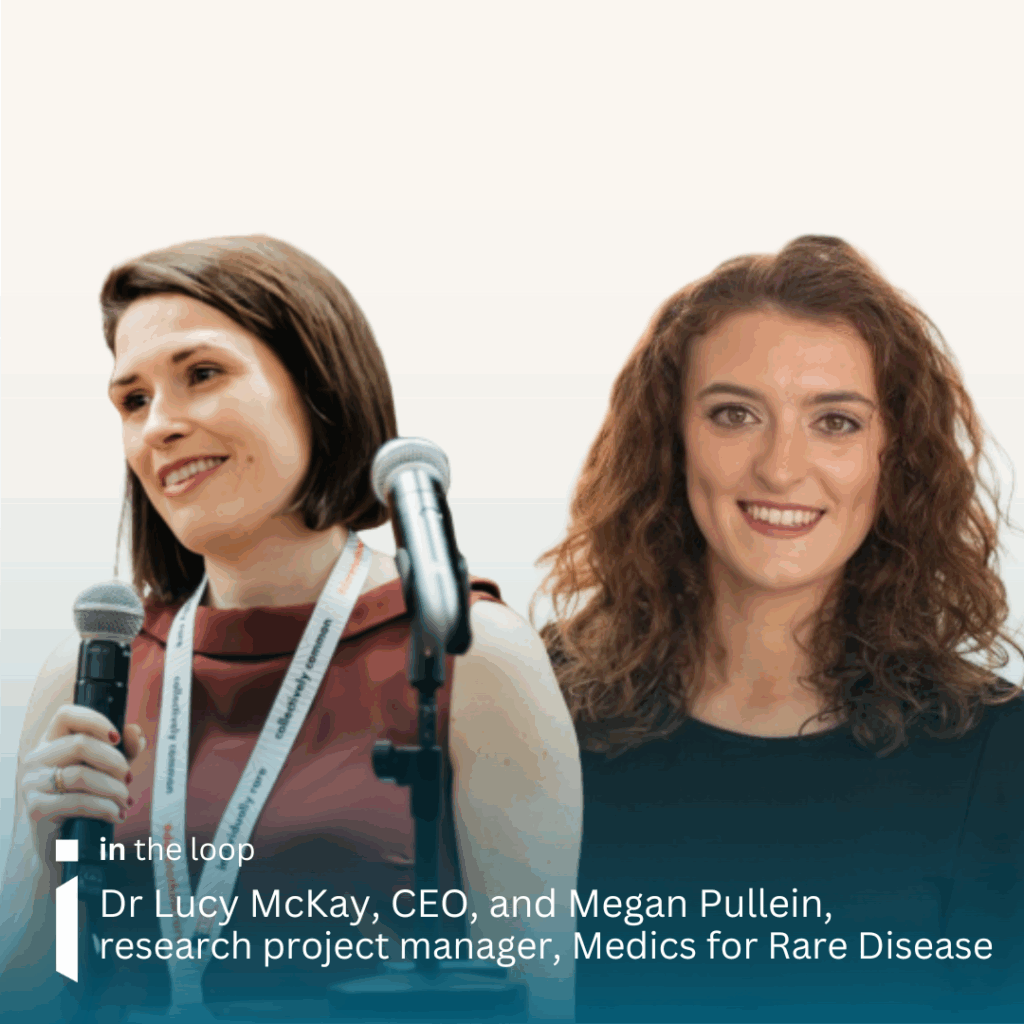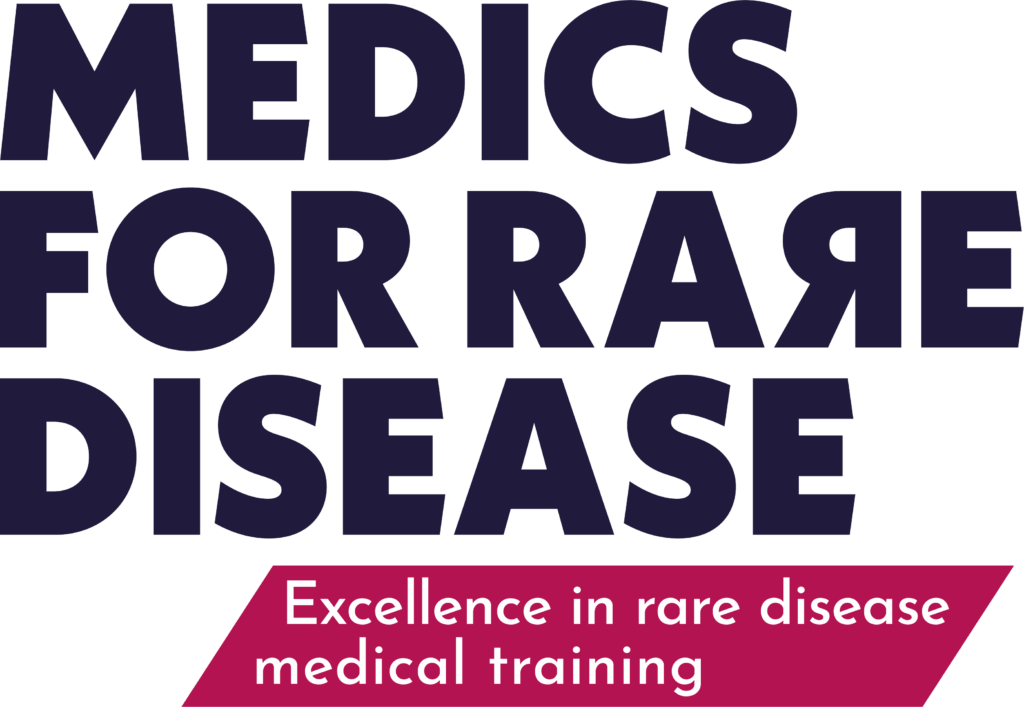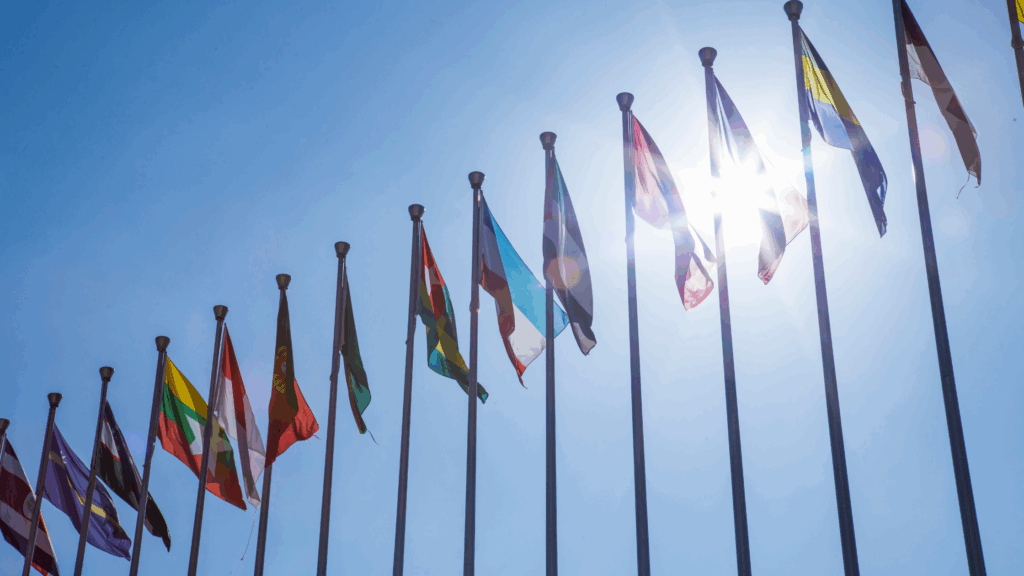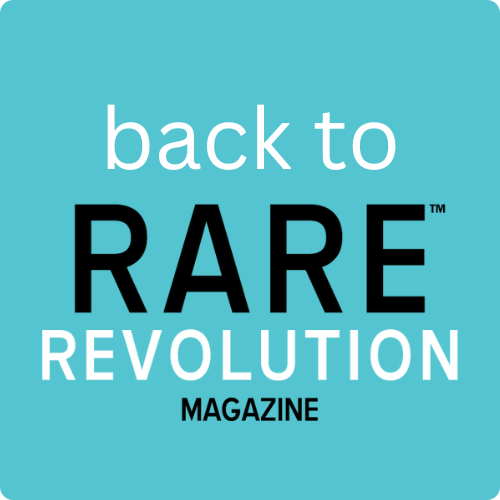A global vision for rare disease: Inside the ground-breaking RDI-Lancet Commission on Rare Diseases
Interview with Dr Lucy McKay, CEO, and Megan Pullein, research project manager, Medics for Rare Disease (MfRD)
Estimated reading time: 10 minutes


Historically, rare diseases have been marginalised in health policy, research and clinical practice, the world over, leaving patients and families to navigate complex challenges with limited support. In response to this global unmet need, the prestigious medical journal, The Lancet, in partnership with Rare Diseases International, has launched a landmark commission to address rare disease through a holistic, human rights-based lens. Dr Lucy McKay, CEO, and Megan Pullein, research project manager, Medics for RARE Disease (MfRD), discuss their involvement in the Commission and highlight what they see as refreshingly unique about this milestone initiative
Founded in 1823, The Lancet, a world-leading general medical journal, has sought to make science widely available and address urgent topics in society. The Lancet Group retains at its core the belief that medicine must serve society, knowledge must transform society, and the best science must lead to better lives.1 Through the groups programme of commissions, it works with leading experts to provide global recommendations on compelling matters in science, medicine and global health. As Megan Pullein, research project manager, Medics for RARE Disease (MfRD), expands: “The Lancet group identify an area that is a pressing global issue and invite a collaborative global group to look at that issue, generate evidence and provide recommendations that could potentially change health policy or improve practice.”
The Rare Diseases International (RDI)-Lancet Commission on Rare Diseases (RDI-LCRD) is a landmark initiative dedicated to improving the lives of people living with a rare disease. It was conceived as a response to the growing recognition that rare diseases represent a global health concern—something Dr Lucy McKay, CEO of MfRD, views as an important milestone for the rare disease community. “The fact that The Lancet recognises the rare disease population as a group of people with an unmet need is a big step forward. This is a prestigious medical journal recognising what we all know, but for a journal that is based so heavily in evidence-based medicine, I think is a major win for rare disease.”
Initiated and hosted by RDI and chaired by Dr Roberto Giugliani, from Brazil, and Dr Kym Boycott from Canada, it brings together 27 commissioners from six continents, leveraging diverse and significant expertise, insights and perspectives on rare disease to address the multi-faceted needs of this underserved community and inform recommendations that can be implemented the world over.
The overarching goal of the RDI-LCRD is to ignite global action that will amplify the voices of people living with rare disease and ensure that they are seen, heard, and cared for, no matter where they live.2
A significant shift: Centring human rights and social justice
With frameworks and action plans already in place at a country, and sometimes regional level, what is significant about the RDI-LCRD and what sets it apart from other rare disease initiatives? Megan believes it’s the Commission’s commitment to a holistic and multi-dimensional approach, as she explains: “The Commission is looking primarily at human rights. There are working groups focussing on social justice, clinical trials and the diagnostic odyssey, for example, but within all parts of the Commission they’re linking it back to human rights and social justice for people living with rare conditions.”
This approach marks a significant departure from traditional, country-specific action plans. Instead, the Commission seeks to generate evidence-based recommendations that are globally relevant and actionable.
“It’s not targeting one government and their policies,” Megan emphasises. “It’s looking at both humans as individuals and with individual rights, as well as addressing rare disease as a collective vulnerable group.”
Medics for Rare Disease CEO, Dr Lucy McKay, is the only UK-based Commissioner involved in the RDI-LCRD, supported by academic secretariat, Megan Pullein and Dr Tony Lockett. Lucy would like to see inconsistencies and inequities in current action plans and frameworks addressed and sees the Commission as a significant step forward in doing this. As she outlines, “Even within the UK, the disparity between the action plans and who makes the decisions, how they’re made, what’s prioritised, the budget and how it’s measured, is huge, let alone across the globe.”
Lucy reiterates the significance of the Commission’s defining feature—its focus on human rights and social justice. “Globally there are undoubtedly challenges in rare disease, but a lot of the challenges that people face are actually already legislated for and they shouldn’t be facing them because of human rights law. What we have in place are many different iterations of human rights law and different treaties that are not being adhered to. And so part of this Commission is about understanding what is already legislated for but isn’t being followed, versus what’s an actual rare disease challenge, like data and diagnosis.”

Beyond borders and silos
One of the challenges of the Commission is developing recommendations that are both globally relevant and locally actionable. Healthcare systems, resources and policies vary widely between countries, raising questions about how to ensure equity and feasibility. Lucy acknowledges that it’s a big ask to find recommendations that all countries can tailor to their own specific needs but says, “Not everything is going to be actionable, and not everything is appropriate in every space. Ultimately, every country has to create its own policies.”
Rather than imposing a one-size-fits-all solution, the Commission seeks to provide a framework—akin to the Millennium Development Goals or Sustainable Development Goals—that countries can adapt to fit their circumstances.
“It helps to build confidence and structure that global communities can use not just to hold governments to account but to give governments some guidance,” suggests Lucy.
The Commission also recognises the importance of learning from diverse experiences, including those of low- and middle-income countries. As Lucy notes, “There are countries of much lower income than the higher GDP countries that are doing more innovative work around the structure and the communities in rare and it gives them a chance to be highlighted. Until you start listening to what other countries do, you’ll never know. You can be stuck being told, ‘it has to happen like this’ and you walk over the border, via the internet, and you find out there’s a way around it. That global perspective is really important.”
Global collaboration
The Commission will specify actionable recommendations across five principal domains with associated working groups. The domains are human rights and entitlements, social justice, data and metrics, identifying people living with rare disease (PLWRD) in healthcare systems to reduce the diagnostic odyssey and clinical pathways. Lucy will chair the group focused on social justice.
Ensuring meaningful involvement of people living with rare diseases is a core principle of the Commission and Lucy and Megan are keen to ensure patient engagement is not a mere tick box exercise by embedding patient voices at every stage of the research and recommendation process. “We’ve invited collaborators into the working group to conduct the research,” Megan explains. “Our goal is to reach out to an advocacy organisation from every country that is a part of the World Health Organization.” As Lucy acknowledges, “It’s a lofty goal to get representatives from all those countries for our working group but if we don’t start with a lofty goal, we’ll just end up talking to the same people, and we don’t want to do that.”

The UK perspective
Lucy feels honoured to have been invited to represent the UK in the Commission and acutely feels the weight of the task at hand. “I feel a huge amount of responsibility and I’m really grateful for this opportunity. For me personally, it’s also an incredible opportunity to learn from people across the world who are so knowledgeable.”
She sees her role as both a representative and a bridge, ensuring that the UK remains engaged with global developments despite recent political shifts. “For various reasons, over the last 10 years or so, the UK has become more isolated in rare disease,” she reflects. “But as an example, we can still have the UK represented in European reference networks. We don’t have to be out entirely.”
Lucy is passionate about international collaboration. “We are all part of one community, which is people on this planet. In rare, we will only ever be harming our own chances of supporting people impacted by rare disease if we don’t talk to, learn from and debate with people around the world.”
Looking ahead: The impact of the Commission
The Commission’s work is already underway, with the first draft of its report due in Spring 2026. The ultimate goal is to feed into a 10-year global action plan on rare diseases, as envisioned by the World Health Organization.
For industry and stakeholders, the message is clear: “Keep an eye on this,” Lucy advises. “I think industry needs to remember that the UK is also part of the globe. We’re all trying to change bits around the edges in UK policy, but the framework is about to expire. We don’t have anything coming after that at the moment, and this might be the next thing.
There are frustrations within industry—if you just look at the disparity of how things are done in the UK, with regard to access, or paying for a treatment, for example. I think this is a piece of work that is going to help push conversations in the direction of equity.”
Rare disease: A collective responsibility
The RDI-LCRD represents a bold and necessary step toward global equity, justice and recognition for people living with rare conditions. By focusing on human rights, embracing diversity and fostering international collaboration, the Commission aims to transform not only policy and practice but also the very narrative surrounding rare diseases from one of scarcity to one of universal rights and collective responsibility. As Lucy elaborates, “On one hand rare disease is framed as an exciting problem to solve, driving the health sciences industry. On the other, the rare disease community is seen as a problem that’s too heterogenic and big, so people look away from it. Whereas, if all we’re talking about is meeting the basic standards of human rights law, then rare disease is not the problem. The community isn’t the problem. It’s society that is creating the problem, rather than the rarity.”
As the rare disease community awaits the commission’s recommendations one thing is certain: the voices, experiences and rights of those impacted by rare diseases are finally taking centre stage on the global health agenda. As Lucy says, “Watch this space”.
Listen to the MfRD podcast on the RDI-LCRD, ‘Why Is Being Rare Still a Struggle for Justice?’,here
To find out more about Medics for Rare Disease and to support their work on the RDI-LCRD, visitMedics for Rare Disease
Connect with Lucy
Connect with Megan
References
[1] https://www.thelancet.com/about-us
[2] https://www.rarediseasesinternational.org/rdi-lancet-commission-on-rare-diseases-launched/
in the loop lets you stay informed with all the latest issues from the world of RARE. To access more in the loop articles click below.

